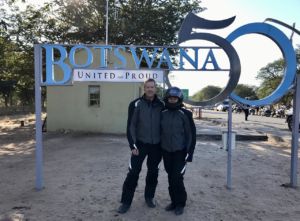 When Rod and Audrey Peters signed up for the Waterfalls and Wildlife trip with friends Gord and Elizabeth Harris, they were returning to a continent they’d lived on for two years. This time they’d be seeing another part of Africa on a motorcycle. It felt like a comfortable way to do something adventurous without having to look after all the details.
When Rod and Audrey Peters signed up for the Waterfalls and Wildlife trip with friends Gord and Elizabeth Harris, they were returning to a continent they’d lived on for two years. This time they’d be seeing another part of Africa on a motorcycle. It felt like a comfortable way to do something adventurous without having to look after all the details.
Rod and Audrey served in Sierra Leone with Cuso (Canadian University Services Overseas) between July 1989 and June 1991, three months after the civil war started. They lived in rural villages without basic amenities we take for granted, like hydro. Rod, a civil engineer, trained rural villagers in construction techniques, bridge construction, and water well building. As a Registered Nurse, Audrey trained health care workers.
“A motorcycle was our primary mode of transportation,” says Audrey. “Sometimes we’d both be on Rod’s 125cc Honda with an extra tank of petrol and all our gear. I rode a 110cc Honda locally to the market. The roads were mostly rough gravel and broken pavement.”
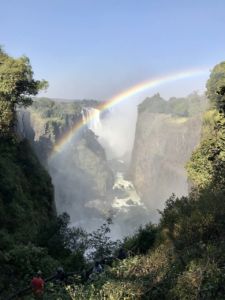
Rod and Audrey Peter’s incredible stories of travel and adventure beyond compare
More than 8,000 kilometres and twenty-six years separated their time on the continent. Their mode of travel was miles apart too; a BMW 1200GS, like the one they have in Ontario, was much more comfortable than their little Hondas.
“The similarities between countries were striking,” says Audrey. “The fabrics of the dresses the women in Namibia wore, how they carried their babies on their back, and how they transported things on their heads in a way that defies gravity, were all reminiscent of our time in Sierra Leone.”
“There were similarities in the houses and even the terrain to some extent, especially in the countryside,” says Rod. “But Sierra Leone was incredibly poor with no infrastructure. I doubt there were the kind of places we stayed at in Namibia with Renedian. Sierra Leone also had more jungles, and no elephants or giraffes.”
“Little things, like the music coming from a home took us back,” says Audrey, “but back then there were no teenagers riding on the back of a donkey with a cell phone.”
With their background in aid organizations, Rod and Audrey had a good understanding of rural cultures.
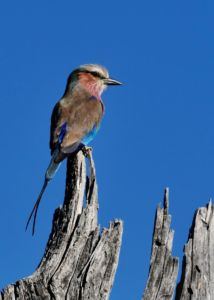
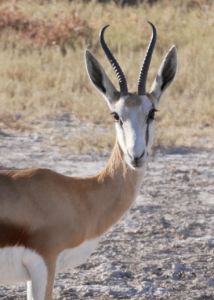
Make a meaningful impact on global underserved communities
“We’ve experienced so many aid organizations that mean well, but not all are successful. We see how they’re efforts are applied in the community, how the community gets money to get something, and how effective the organization’s approach is.
“We know that everything takes a really long time,” says Audrey. “You can’t change something with a one-time fix, impose what you think is needed, or apply a solution you’d use in Canada.
“What you really need to do is work with villagers and understand what they think are priorities. Timelines and communications are different. Your role is more a facilitator to help them find a long-term, sustainable solution for the direction they want to develop.”
As much as Rod and Audrey enjoyed the scenery and people, “riding from place to place with our friends, in Africa, was almost better than the day’s destination. We’d have to pinch ourselves to make sure we were really there.
“Life is good!”
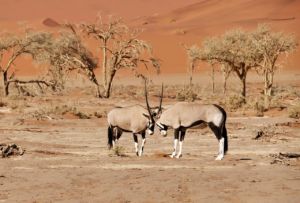
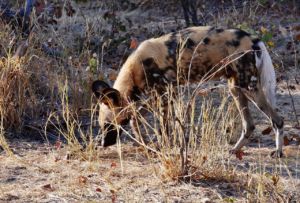
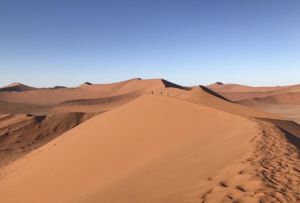
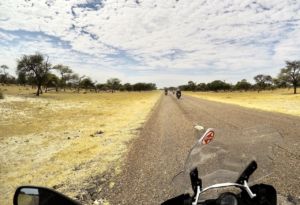
Photo credits: Rob and Aubrey Peters

